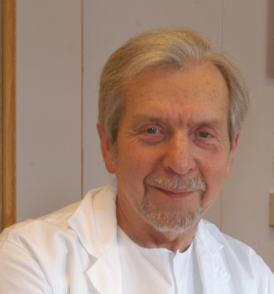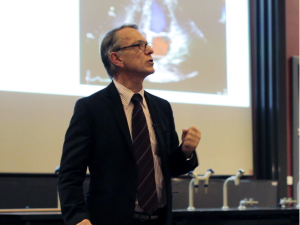Selenium supplements may be beneficial as an adjuvant treatment for patients with mitochondrial disorders. This is especially true in many parts of Europe and the Middle East where the soil and the foodstuffs have poor selenium content [Stoffaneller & Morse 2015]. Specifically, individuals with mitochondrial dysfunction need the antioxidant and anti-inflammation effects of selenium-dependent selenoproteins [Alehagen 2021; Opstad 2022].

Mitochondrial dysfunction can be defined as the diminished capacity of the mitochondria in the cells to convert sugars into energy, i.e., the diminished capacity of the cells to generate ATP energy [Miwa 2022].
Mitochondrial dysfunction is closely associated with biological aging and with cell senescence (the cessation of cell division) [Miwa 2022].

